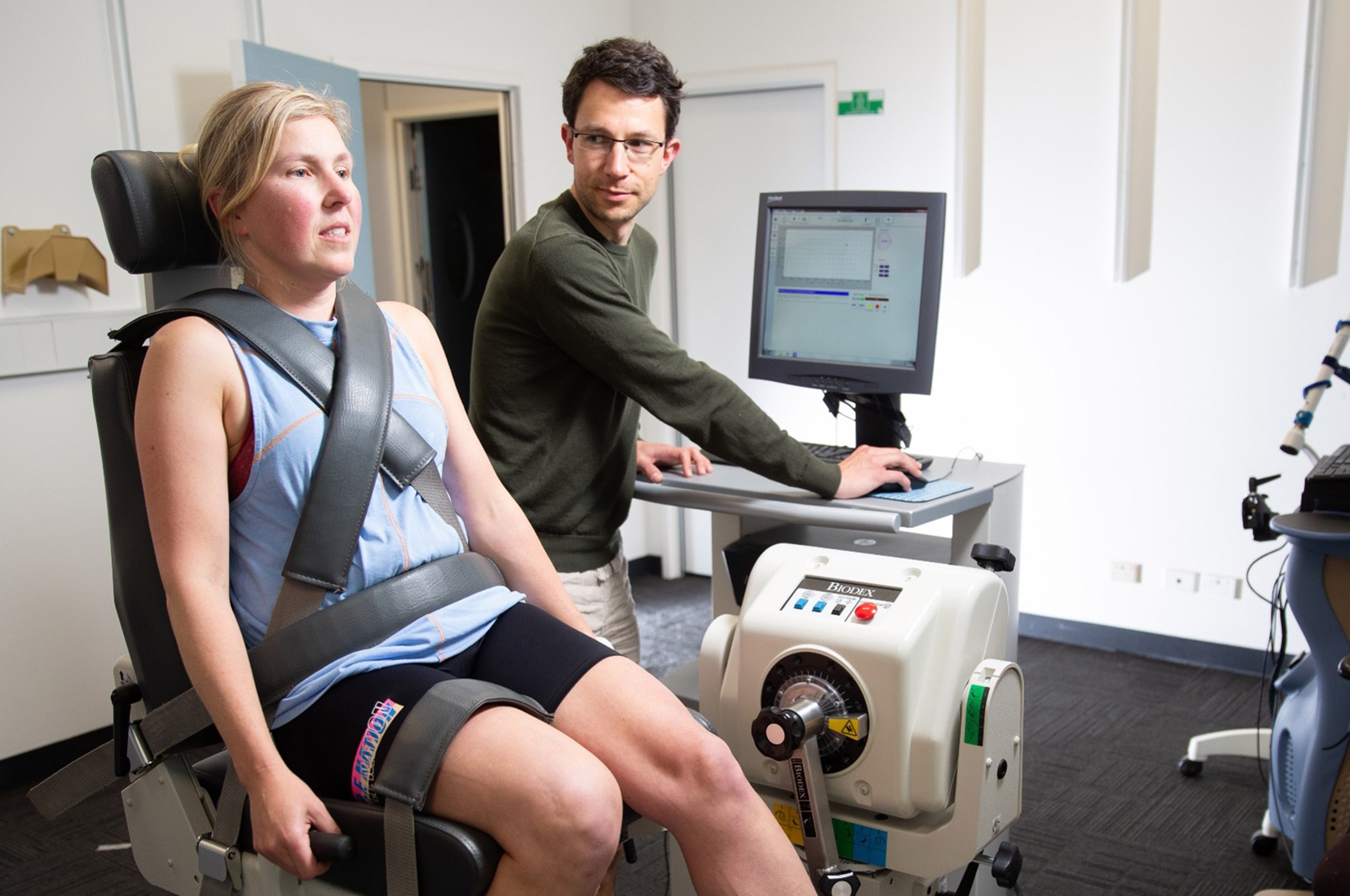La Trobe Sport and Exercise Medicine Research Centre Research

Our research impacts policy, clinical practice, activity participation, health and well-being in Australia and internationally.
Our purpose is to lead, conduct and disseminate outstanding research to optimise an individual’s chosen level of performance and participation in sport, exercise, physical activity, work, leisure, family and social life.
We have a unique collaboration between clinical and sports science, which can make a real and positive difference to the health, wellbeing, performance and participation of individuals and communities.
Research streams
HERsport
Our research group strives to support and promote the health of women in sport. We are one of 11 IOC international research centres for the prevention of injury and protection of athlete health supported by the International Olympic Committee.
Lifestyle interventions for chronic conditions
Our lifestyle interventions program focuses on the prevention and management of injuries and chronic disease across the lifespan. We undertake longitudinal cohort studies evaluating injury/disease epidemiology, and clinical trials evaluating lifestyle treatments such as diet, exercise and behaviour change for musculoskeletal pain, osteoarthritis, metabolic syndrome and diabetes.
Musculoskeletal Health
We conduct research that promotes musculoskeletal heath and optimises an individual’s chosen level of performance and participation in sport, exercise, physical activity, work, leisure, family and social life. Our research areas include patellofemoral pain, tendon pain, hip pain including FAI syndrome, hip dysplasia and hip osteoarthritis, traumatic knee injury and post-traumatic osteoarthritis, and multi-disciplinary interventions to reduce inappropriate surgery.
Apply for research
Interested in joining our research team? Get in touch via LASEM@latrobe.edu.au.
Visit the Graduate Research School for details on finding the right supervisor and how to apply for research opportunities.
